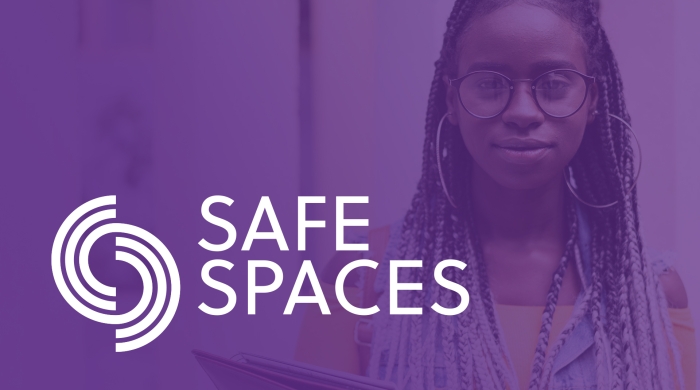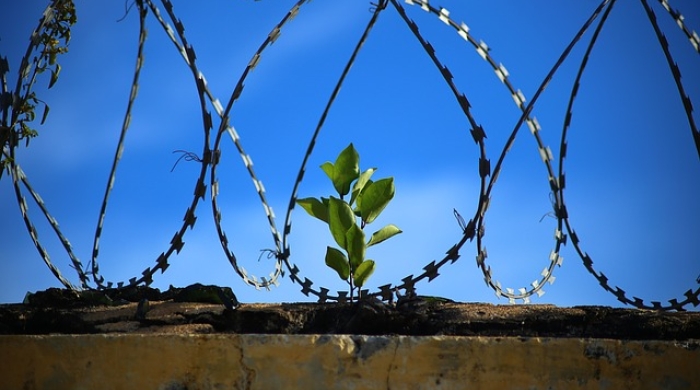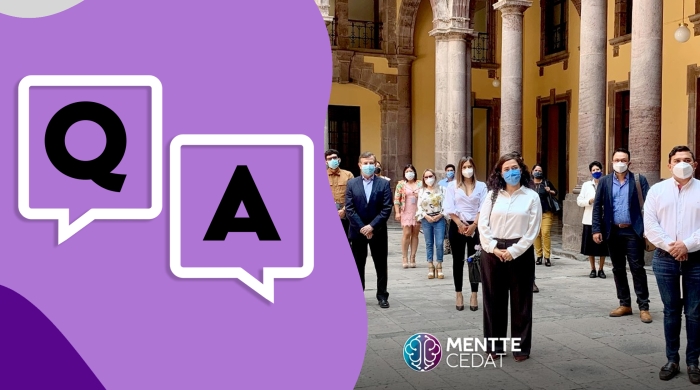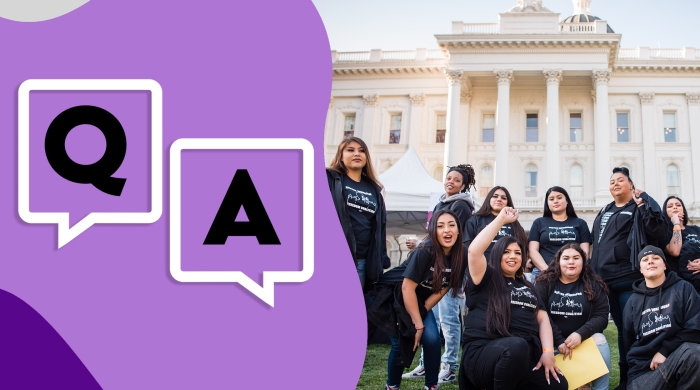
Studying systems and settings is core to IHDSC, and projects focused on criminal justice or child welfare settings represent a growing area of inquiry. Our affiliates are examining how justice system involvement affects education, health, or employment outcomes; exploring how setting-level characteristics and processes might be improved to foster development; and making evidence-based recommendations for policies and programs that can reduce inequality and improve outcomes for individuals, families, and communities. The child welfare system, encompassing foster care and juvenile justice, is a particularly important setting for youth growing up in urban poverty, and as such, an emphasis for faculty whose interests lie in enhancing outcomes for system-involved youth.
Justice & Welfare Faculty
For a full list of our affiliates, please visit our Faculty Affiliate Network page.
Projects and Working Groups
Systems Aligning For Equity
The aim of SAFE Spaces (formerly RISC) is to examine the setting-level characteristics and processes that occur in child welfare settings and explore their association with outcomes for youth.
NYU Blueprints for Progressive Change in Juvenile Justice
Blueprints for Progressive Change in Juvenile Justice involves faculty working across disciplinary boundaries to address disparities in youth encounters with the legal system.
Featured Blog Posts
A Trauma-Informed Approach to Juvenile Justice
Dr. Carly Baetz is Assistant Professor in the Department of Child and Adolescent Psychiatry at NYU Langone School of Medicine. Her work examines the impact of trauma on justice-involved youth and the effectiveness of implementing trauma-informed services for youth, families, and staff in juvenile justice settings.
Research Partnerships: Mentte Cedat and Dr. Anil Chacko
Mentte Cedat, a Mexico-based organization that works with adolescents and policy makers to prevent violence, partners with IHDSC affiliate and NYU Steinhardt Associate Professor of Counseling Psychology Dr. Anil Chacko. IHDSC sat down with them to discuss the work of Mentte Cedat and the benefits of their partnership.
Q&A: Young Women's Freedom Center and Dr. Shabnam Javdani
On the Ground interviewed Young Women's Freedom Center executive Director Jessica Nowlan and NYU Steinhardt professor Dr. Shabnam Javdani about the role of their research and partnership in working with girls, young women, and TGNC young people towards decriminalization, decarceration, abolition, and reimagining the juvenile justice system response.






